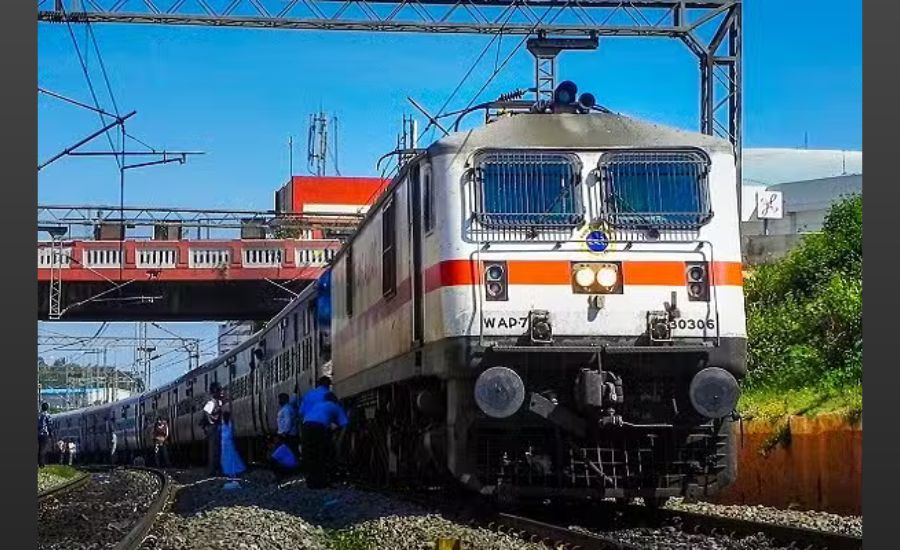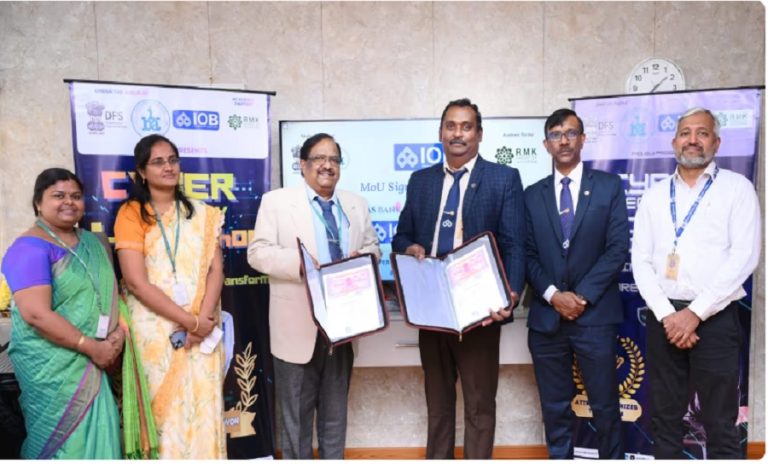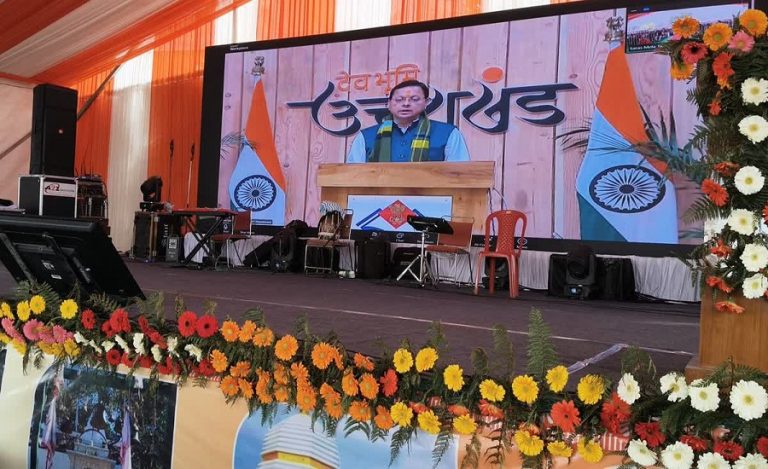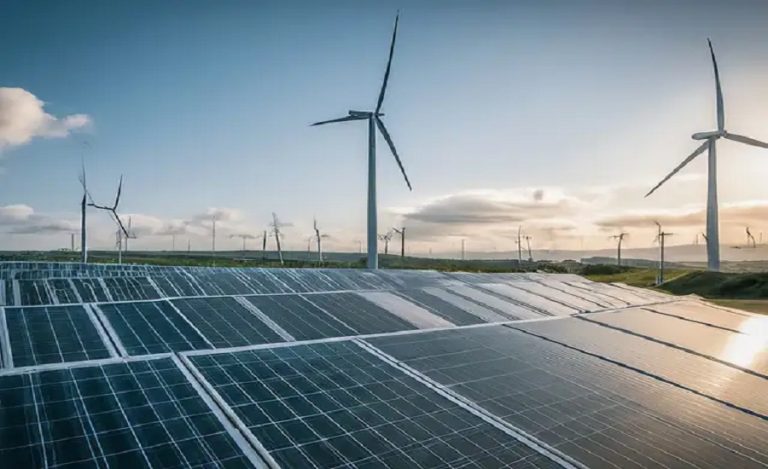India Ratings (Ind-Ra) projected strong growth for the logistics sector in FY26, with rail operators expected to see double-digit revenue increases. The warehousing industry is also poised for a 3-5% year-on-year growth in organic rentals, and demand for Grade-A spaces is anticipated to remain steady.
The ratings agency noted that port volumes for sea transport would be supported by coastal shipping and global container freight, bolstered by easing geopolitical tensions, including the Red Sea crisis and the normalisation of US-bound traffic.
Ind-Ra expects the EBITDA (Earnings Before Interest, Taxes, Depreciation, and Amortisation) of container freight stations to remain stable despite the rise in direct port delivery and high competition at large ports. The agency highlighted a positive outlook for the logistics sector in FY26, driven by government investments across various transport sectors such as ports, rail, roads, and air, which are expected to enhance cost efficiency and operational flexibility.
Pratik Mundhada, Associate Director at Ind-Ra, stated that the rail sector would benefit from significant private investments in rakes and dry terminals, leading to double-digit growth. For warehousing, organic rental growth of 3-5% is anticipated, and demand for high-quality spaces is expected to stay robust. However, competition in container freight stations will likely keep profitability subdued this fiscal year, and freight forwarders may face challenges with slower global freight rates.
The agency pointed to initiatives such as the National Logistics Policy and the PM Gati Shakti National Master Plan, which aim to improve multimodal connectivity and coordination across sectors. Public-private partnerships are expected to help expand India’s port infrastructure, with rising private investments in trains, dry terminals, and warehouses supporting the logistics market’s expansion.
Ind-Ra also noted India’s improved ranking in the Logistics Performance Index, now at 38, with ambitions to break into the top 25 by 2030 as part of the Maritime Vision 2030. This progress will likely require continued budgetary support for logistics infrastructure.
The completion of the Western Dedicated Freight Corridor is expected to enhance the efficiency of rakes and terminals, boosting profitability for container train operators. However, Ind-Ra emphasised the risks posed by increased competition and potential changes to haulage charges. The Eastern dedicated freight corridor is also anticipated to improve supply chain efficiency for thermal plants through faster and more reliable train operations.
Overall, Ind-Ra maintains a stable outlook for logistics and supply chain companies, attributing it to their strong operational performance and sound leverage profiles. Companies’ ability to raise long-term debt at competitive rates and optimise asset utilisation continues to support their credit ratings.




























